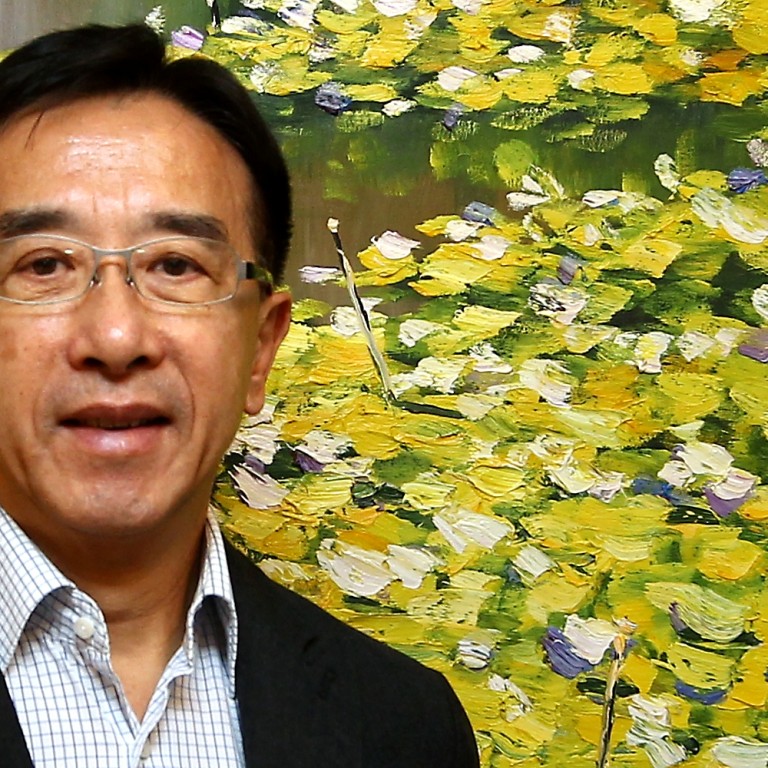
New | Liberal’s reform plan aimed at attracting ‘key votes’ for final proposal
Leader says party’s submission was ‘unimportant’
The Liberal Party’s electoral reform proposal is “unimportant”, says its leader James Tien Pei-chun.
But the lawmaker hoped that the proposal, which included a multiple vote system in shortlisting chief executive candidates, can help to lobby the five “key votes” from pan-democrats crucial for a final reform proposal to pass.
“We need five votes from the pan-democrats to pass the electoral reform proposal,” said Tien at RTHK today. He was referring to one of the conditions to press ahead the reform proposal for 2017, which needs a two-third majority of a 70-member Legislative Council, where pro-government lawmakers take up 43 seats.
Under the Liberal Party’s plan, tabled last week, a 1,600-member nominating committee would choose between up to eight candidates in a primary election. Each committee member would be allowed up to three votes, with the top three candidates going forward to the public ballot when Hongkongers elect their leader for the first time.
“Our proposal is unimportant, it’s only for submission’s sake ... We are trying to take a middle ground by including a multiple-vote system,” said Tien. “Pan-democrats are too liberal but some electoral plans put forward by some pro-government parties are being too conservative.”
Several major political parties have also floated their proposals as the city is discussing reform plans for the 2017 election. A government consultation on reform will close on May 3.
Pan-democrats are demanding the future universal suffrage should be without any “political screening”, with some pushing for the right for the voters to nominate top job candidates. Meanwhile, some Beijing-loyalists are requesting a high nominating threshold. The Democratic Alliance for the Betterment and Progress of Hong Kong – the city’s largest party – has proposed a system under which 50 per cent of nominating committee members would have to endorse a candidate for them to stand.
“Hong Kong will be unacceptable in 2017 if there is no electoral suffrage by then,” said the pro-business party leader.
Tien’s proposal has also suggested imposing compulsory voting among all 5 million people holding Hong Kong Identity cards.
“We want to boost the turnout rate, giving the winner a greater confidence and ability in forming the cabinet and impose policies,” said Tien, adding the system was in place in Singapore and Australia.
